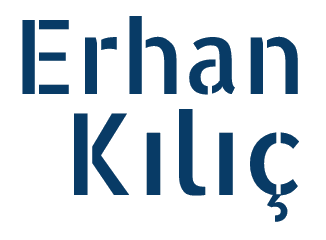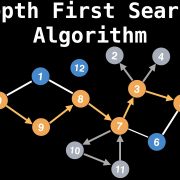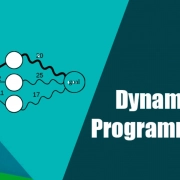Effective Thinking Through Mathematics: Nurturing Cognitive Agility and Problem-Solving Prowess
Effective Thinking Through Mathematics
Introduction
Mathematics, often regarded as a formidable academic subject, transcends its role as a mere field of study. It serves as an exquisite playground for honing our cognitive prowess and nurturing effective thinking. Far beyond the realm of equations and formulas, mathematics acts as a conduit for refining critical thinking, logical reasoning, and problem-solving skills. In this discourse, we shall delve into the profound connection between effective thinking and the study of mathematics, unraveling how this discipline serves as a powerful catalyst for intellectual growth.
The Logic-Laden Landscape
At its heart, mathematics is a symphony of logic. Its principles are forged through meticulous reasoning, where every step is meticulously articulated and interlinked. The process of navigating through mathematical concepts compels learners to think in a coherent, organized manner, systematically deciphering the relationships between different elements. This structural elegance cultivates an analytical mindset, a skill that radiates into various facets of life.
Embarking on the Odyssey of Problem-Solving
Mathematics is akin to a labyrinth, replete with conundrums that beckon us to solve them. When confronted with a mathematical challenge, individuals are nudged into a mode of systematic problem-solving. This entails dissecting the problem into manageable fragments and employing creative strategies to piece together the puzzle. The art of tackling mathematical problems is analogous to facing real-world dilemmas. Dividing complex quandaries into bite-sized chunks and methodically navigating them is a skill transferrable to myriad life situations.
Abstract Thought: The Canvas of Imagination
Mathematics dances on the edges of abstraction, often dealing with concepts that lack immediate physical manifestation. This inherent abstraction prompts learners to stretch their cognitive boundaries, enabling them to visualize intricate relationships that transcend tangible reality. This skill of abstract thinking empowers individuals to fathom underlying principles governing various phenomena. Furthermore, the ability to extrapolate from specific instances to broader, general concepts is a cornerstone of mathematical thinking. This invaluable talent nurtures the capacity to glean universal truths and apply them across different contexts.
Articulation of Precision: A Linguistic Elegance
In the realm of mathematics, precision reigns supreme. Expressing mathematical ideas necessitates articulate, accurate communication. This emphasis on precision serves as a powerful lesson, teaching individuals to convey their thoughts with clarity and coherence. The aptitude to structure ideas methodically and present them with finesse is a skill that extends beyond the world of mathematics. It arms individuals with the ability to articulate themselves cogently, enhancing overall communication prowess.
The Journey of Trial and Error: A Test of Perseverance
The pursuit of mathematical solutions often unfurls as a voyage of trial and error. Aspiring mathematicians experiment with different approaches, grapple with setbacks, and persistently refine their strategies. This iterative process nurtures resilience and imparts the wisdom of learning from failures. This resilience—forged in the crucible of mathematical exploration—finds resonance in real life. The ability to withstand setbacks, learn from them, and emerge stronger is an invaluable life skill.
Cultivating Critical Thought and Astute Decision-Making
The act of scrutinizing mathematical problems instills a sense of critical thinking. Learners are encouraged to challenge assumptions, explore alternative avenues, and assess the soundness of arguments. These finely-honed critical thinking skills radiate beyond mathematical equations. They equip individuals with the acumen to dissect evidence, unravel complex scenarios, and make informed decisions grounded in logic.
Precision and Clarity in Communication
Mathematics requires precise and clear communication. In order to convey mathematical ideas accurately, individuals must articulate their thoughts with clarity. This skill is transferable to everyday communication, where the ability to express ideas clearly is crucial. Mathematics teaches individuals to structure their thoughts logically and present them in a coherent manner, improving their overall communication skills.
Conclusion
To view mathematics solely as a domain of calculations is to overlook its profound potential as a crucible for effective thinking. This discipline serves as a catalyst for cultivating structured thinking, decomposing convoluted issues, and devising strategies for resolution. Through mathematics, the seeds of logical reasoning, problem-solving dexterity, abstract thinking, and articulate expression are sown, nourishing an intellectual landscape that flourishes across the spectrum of human endeavors. The fusion of effective thinking with mathematics enriches our comprehension of the universe and equips us with the sagacity to thrive in an intricate, ever-evolving world. As we navigate the enigmatic tapestry of mathematics, we ultimately embark on a journey toward honing our cognitive faculties, a journey that unlocks the doors to effective thinking and the remarkable heights it can enable us to achieve.






